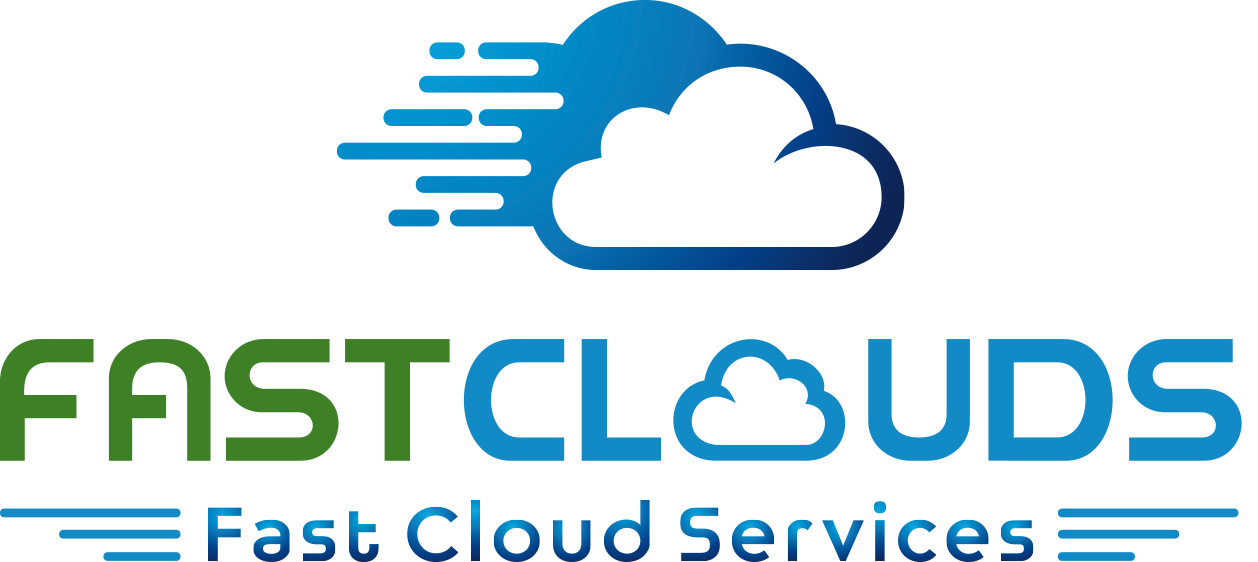Cloud Connectivity Between London, Frankfurt, and the UAE
In the digital economy era, having advanced technological infrastructure to connect headquarters and international branches has become vital for success and sustainability. One of the most proven modern solutions is cloud connectivity, linking major business hubs like London, Frankfurt, and the United Arab Emirates.
The Importance of Cloud Connectivity for Major Companies: A Pillar of Success in the Digital Age
As digital transformation accelerates, cloud connectivity between global hubs like London, Frankfurt, and the UAE has become essential for major companies to achieve sustainable growth and high competitiveness. This technology offers strategic advantages, including:
-
Enhancing Business Efficiency:
Cloud connectivity ensures fast and stable communication between headquarters, branches, and data centers, boosting productivity and reducing operational complexities.
-
Advanced Data Security:
With data centers adhering to the highest cybersecurity standards, companies can protect their digital assets from cyber threats.
-
Scalability:
Cloud solutions enable companies to expand into new markets effortlessly without requiring significant investments in physical infrastructure.
-
Compliance with Local Regulations:
These solutions help businesses comply with data protection and privacy laws across different geographic regions.
In summary, cloud connectivity forms the foundation of growth strategies for major companies by combining security, efficiency, and flexibility, empowering them to excel in a fast-paced global market.
Advantages of Cloud Connectivity Between London, Frankfurt, and the UAE: Ideal Destinations for Major Companies
Opting for global hubs such as London, Frankfurt, and the UAE for cloud connectivity provides businesses with a competitive edge due to the unique benefits of each location:
-
London:
A global technology and financial hub, London boasts advanced digital infrastructure that ensures fast and reliable access to European and international markets.
-
Frankfurt:
A key financial and technological center in Europe, Frankfurt houses one of the largest and most significant data centers, making it an ideal choice for companies seeking high-efficiency tech solutions.
-
UAE:
Renowned for its business-friendly environment and supportive policies, the UAE offers world-class technological infrastructure and a strategic vision for digital transformation.
How Companies Can Choose the Optimal Cloud Connectivity Solution
When exploring cloud connectivity solutions between these cities, companies should consider:
-
Connection Speed:
Select a service provider that guarantees high-speed data transfer.
-
Security:
Ensure the service adheres to the latest security standards.
-
Cost:
Compare costs among providers to achieve the best value for money.
-
Business Needs Alignment:
Ensure the solution offers the flexibility required to support future business expansion.
Conclusion
Cloud connectivity between London, Frankfurt, and the UAE represents a transformative opportunity for major companies aiming to enhance efficiency and expand their global reach. With rising technical and competitive challenges, investing in advanced technological infrastructure is essential for ensuring success and continuity in the global market.
Choosing the right cities and infrastructure will empower businesses to overcome challenges and seize opportunities in the digital age.





